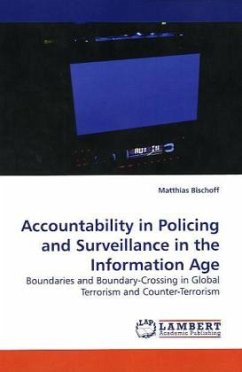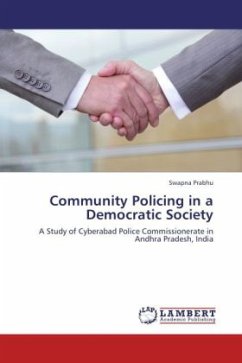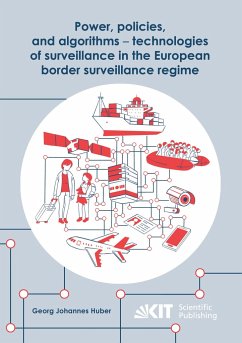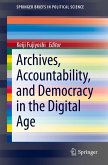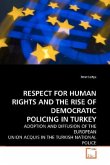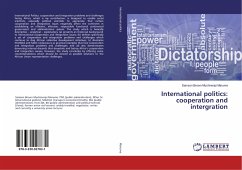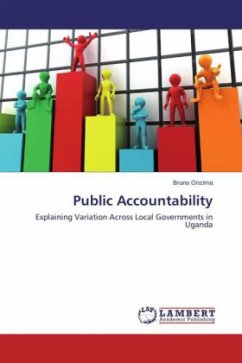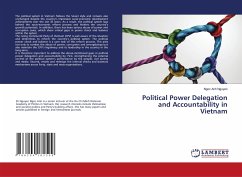There is a potential lack of democratic accountability in policing and surveillance as terrorism and counter-terrorism increasingly follow global flows of information and communication. While states and law enforcement agencies increasingly favour national security over individual liberty, new approaches to policing and surveillance have made accountability in law enforcement more problematic. The book examines five boundaries which used to set limits to law enforcement by providing constitutional and institutional accountability frameworks: the boundaries between states, the institutions within a state, the criminal and the non-criminal sphere, the state and the private sector, and the boundaries between individual information and communication technologies. As information cross these boundaries in rising amounts, the private sphere of the individual is coming more and more under threat, because concepts and frameworks of democratic accountability are rendered ineffective. The book makes a critical contribution to the debate on security and liberty in the context of counter-terrorism. It is of interest to people in academia, politics and public-interest groups.

